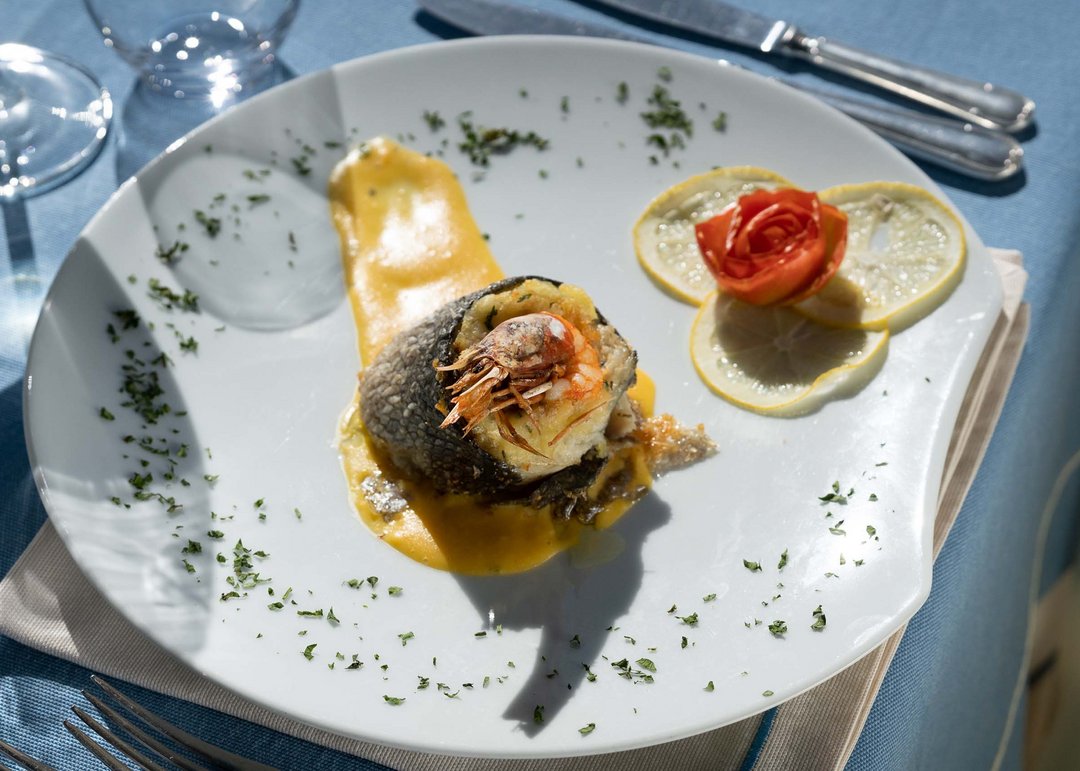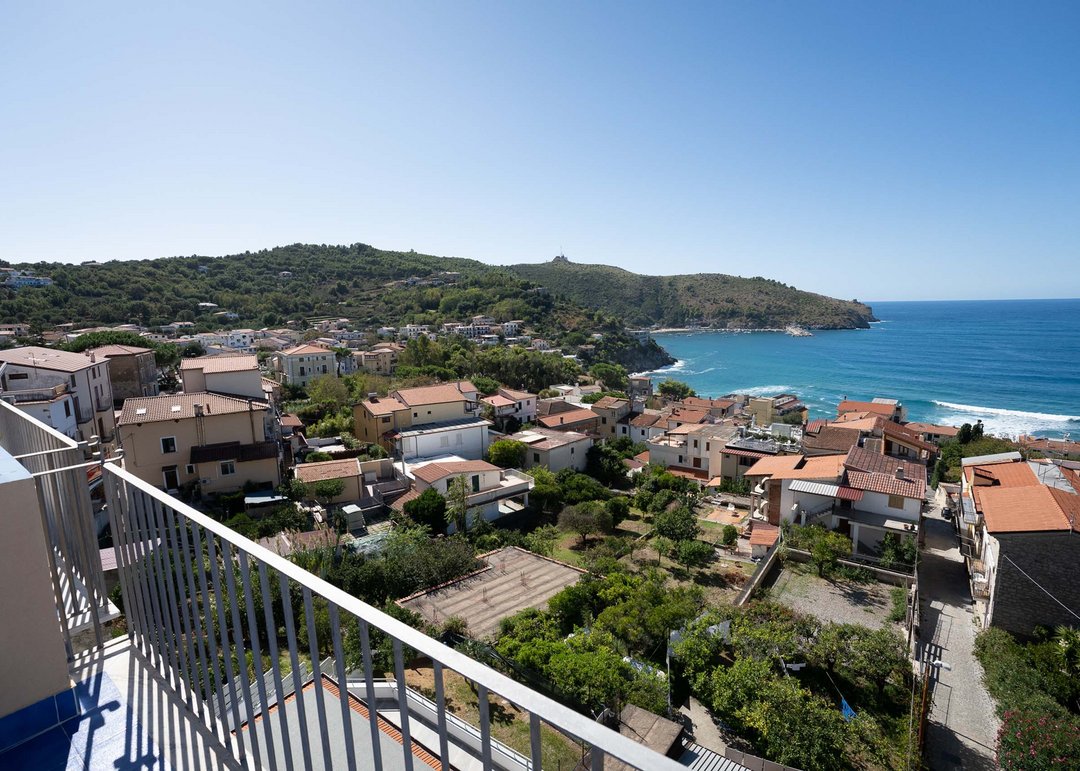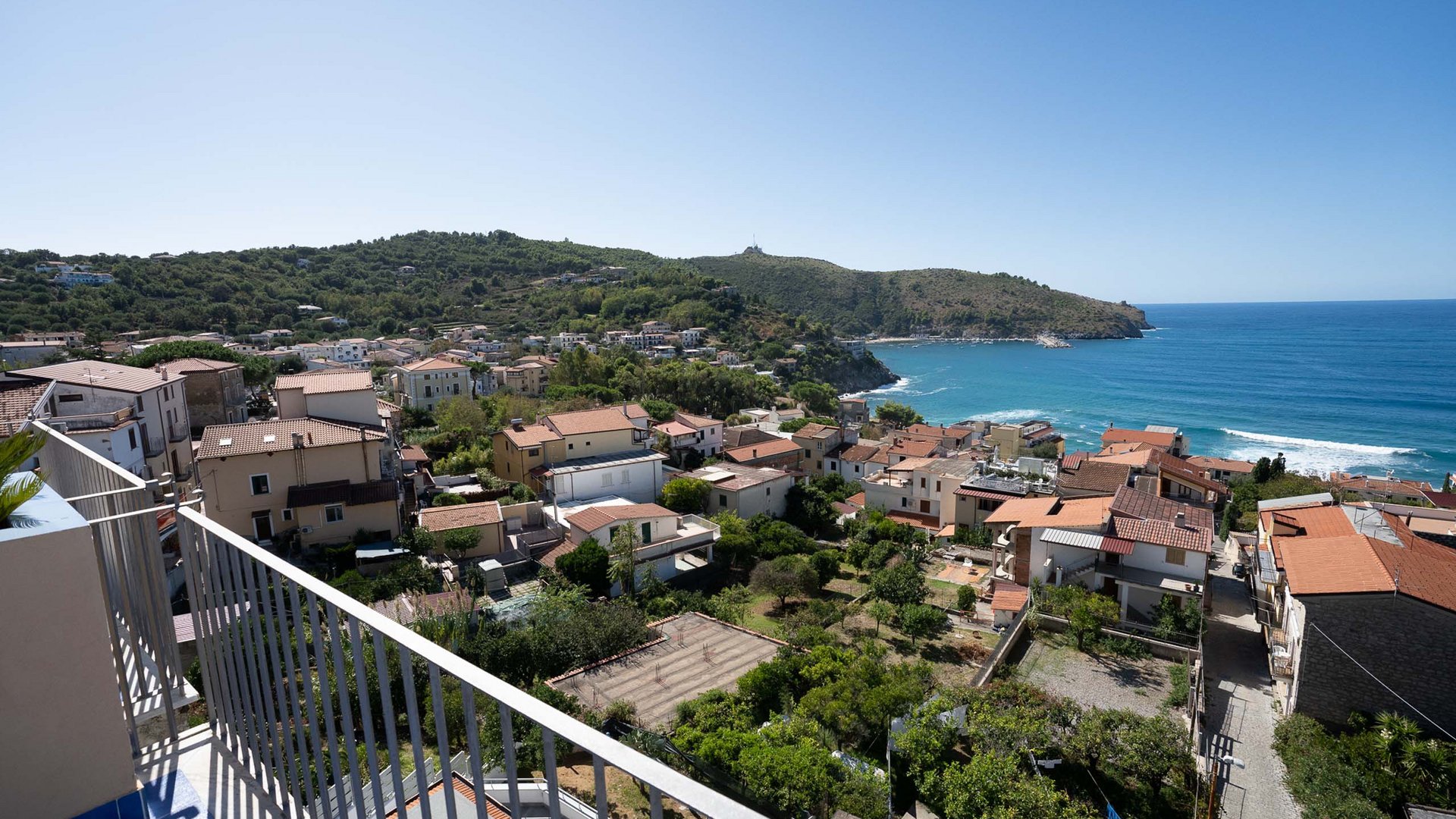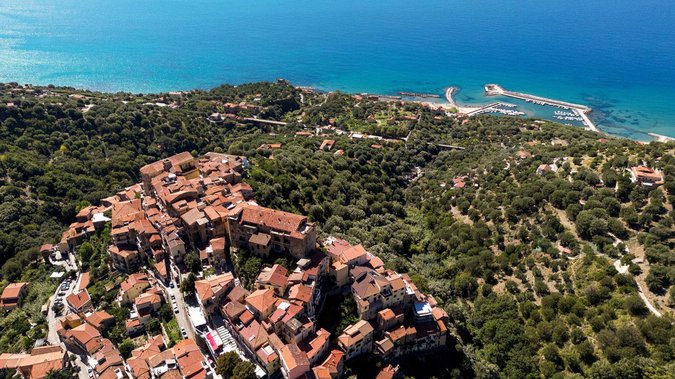
The flower of the Cilento region
The Primula Palinuri
The Primula Palinuri is a rare yellow flower with a white heart that grows in a cluster of little blossoms with velvety petals.
The Cilento region boasts an extraordinary palette of colours: the blue of the sea, the green of the woods, and the yellow of the Primula Palinuri. If you’ve already had the chance to explore the nature that surrounds our hotel in the Cilento region, you’ll certainly have noticed the splashes of yellow standing out amidst the greenery. That’s the Primula Palinuri, a plant local to the Cilento region and the symbol of the national park. Considered a species at risk of extinction, this plant is the only survivor of the primula family that used to be common in the mountains of southern Italy, and is the only primula found outside the mountains. The primula grows on limestone crags, rocky cliffs, and in crevices in the rock, and is mainly found along the coastline of the Cape of Palinuro and the Costa degli Infreschi. In the past, this flower was given to a man or woman before their wedding as a symbol of good fortune. Watch out for them when you head out for a hike or a bike ride – but please don’t pick them!
The Primula Palinuri is a rare yellow flower with a white heart that grows in a cluster of little blossoms with velvety petals.
The Cilento region boasts an extraordinary palette of colours: the blue of the sea, the green of the woods, and the yellow of the Primula Palinuri. If you’ve already had the chance to explore the nature that surrounds our hotel in the Cilento region, you’ll certainly have noticed the splashes of yellow standing out amidst the greenery. That’s the Primula Palinuri, a plant local to the Cilento region and the symbol of the national park. Considered a species at risk of extinction, this plant is the only survivor of the primula family that used to be common in the mountains of southern Italy, and is the only primula found outside the mountains. The primula grows on limestone crags, rocky cliffs, and in crevices in the rock, and is mainly found along the coastline of the Cape of Palinuro and the Costa degli Infreschi. In the past, this flower was given to a man or woman before their wedding as a symbol of good fortune. Watch out for them when you head out for a hike or a bike ride – but please don’t pick them!









